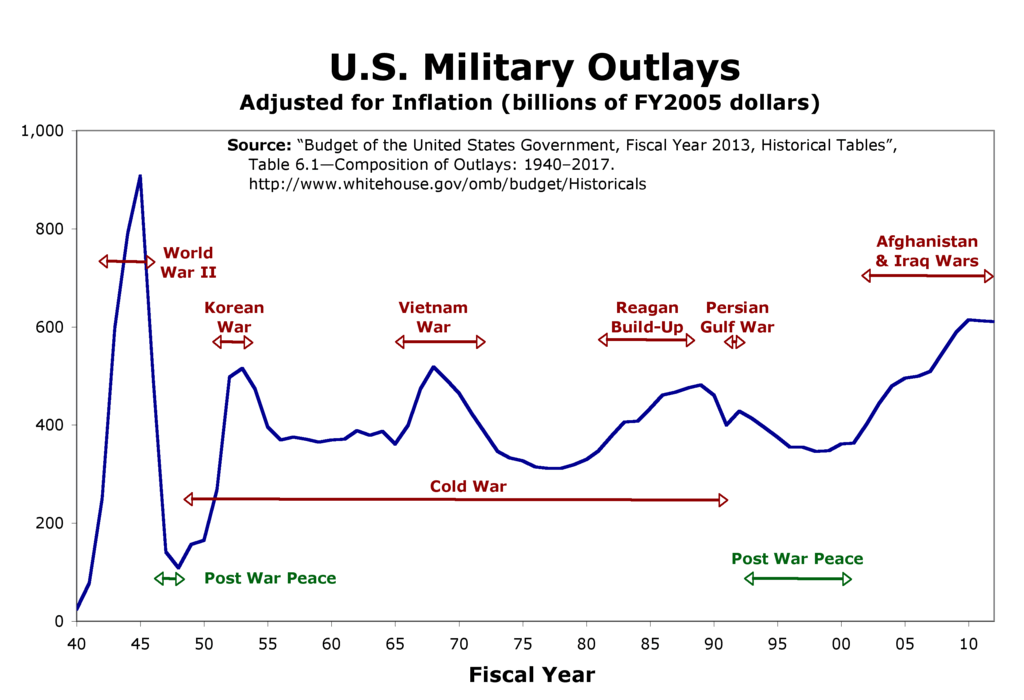This is a variation on an older story about $2.3 trillion "missing" from the pentagon in 2001.
https://www.metabunk.org/threads/de...annot-track-2-3-trillion-in-transactions.165/
The bottom line there is that the money was never missing, the transactions were simply not recorded with the correct level of accounting regulation compliance. This was mainly due to incompatibilities between the various computer systems used at the time.
The new story comes from a Reuters article:
http://www.reuters.com/article/2013/11/18/us-usa-pentagon-waste-specialreport-idUSBRE9AH0LQ20131118

They did not lose the money. They spent the money. They even accounted for the money. They simply did not account for every single transaction in enough detail to satisfy the requirements for a full audit.
This is not to say everything is fine. It's not. There's a vast amount of waste, and quite possibly a vast amount of pork and fraud, likely totally billions over the 16 year period. But the suggestion that $8.5 trillion is missing is ludicrous - again, that's all the money the Pentagon (which is about half the budget of the DoD) has spent over those 16 years
https://www.metabunk.org/threads/de...annot-track-2-3-trillion-in-transactions.165/
The bottom line there is that the money was never missing, the transactions were simply not recorded with the correct level of accounting regulation compliance. This was mainly due to incompatibilities between the various computer systems used at the time.
The new story comes from a Reuters article:
http://www.reuters.com/article/2013/11/18/us-usa-pentagon-waste-specialreport-idUSBRE9AH0LQ20131118
Does this mean $8.5 trillion was lost? No, the $8.5 trillion is the entire pentagon budget from 1996 to 2012. That's the entire budget for 16 years, because the baseline budget is "only" about $0.5 trillion a year.
BY SCOT J. PALTROW, Mon Nov 18, 2013
...
In its investigation, Reuters has found that the Pentagon is largely incapable of keeping track of its vast stores of weapons, ammunition and other supplies; thus it continues to spend money on new supplies it doesn't need and on storing others long out of date. It has amassed a backlog of more than half a trillion dollars in unaudited contracts with outside vendors; how much of that money paid for actual goods and services delivered isn't known. And it repeatedly falls prey to fraud and theft that can go undiscovered for years, often eventually detected by external law enforcement agencies.
The consequences aren't only financial; bad bookkeeping can affect the nation's defense. In one example of many, the Army lost track of $5.8 billion of supplies between 2003 and 2011 as it shuffled equipment between reserve and regular units. Affected units "may experience equipment shortages that could hinder their ability to train soldiers and respond to emergencies," the Pentagon inspector general said in a September 2012 report.
Because of its persistent inability to tally its accounts, the Pentagon is the only federal agency that has not complied with a law that requires annual audits of all government departments. That means that the $8.5 trillion in taxpayer money doled out by Congress to the Pentagon since 1996, the first year it was supposed to be audited, has never been accounted for. That sum exceeds the value of China's economic output last year.

They did not lose the money. They spent the money. They even accounted for the money. They simply did not account for every single transaction in enough detail to satisfy the requirements for a full audit.
This is not to say everything is fine. It's not. There's a vast amount of waste, and quite possibly a vast amount of pork and fraud, likely totally billions over the 16 year period. But the suggestion that $8.5 trillion is missing is ludicrous - again, that's all the money the Pentagon (which is about half the budget of the DoD) has spent over those 16 years
Last edited:
